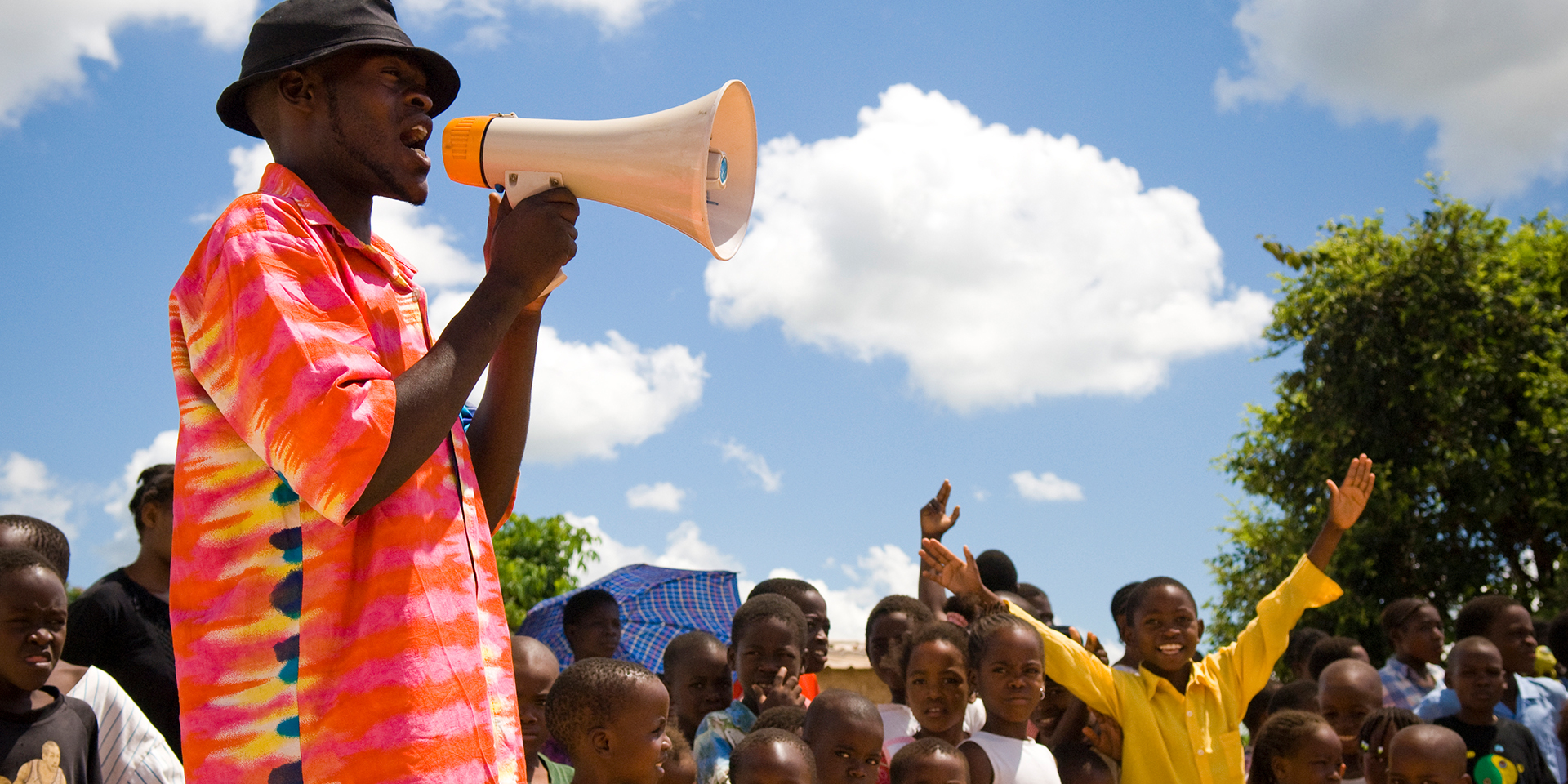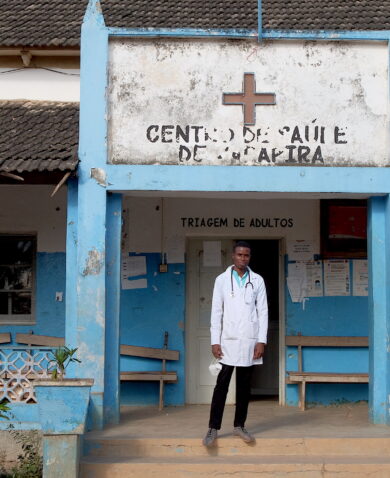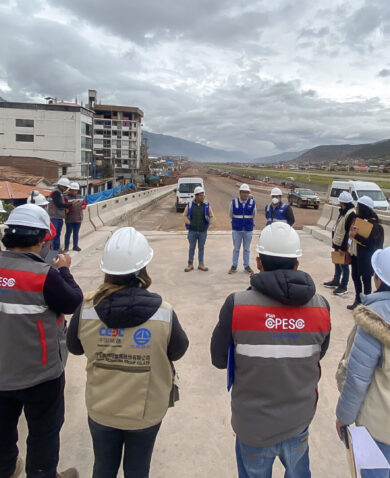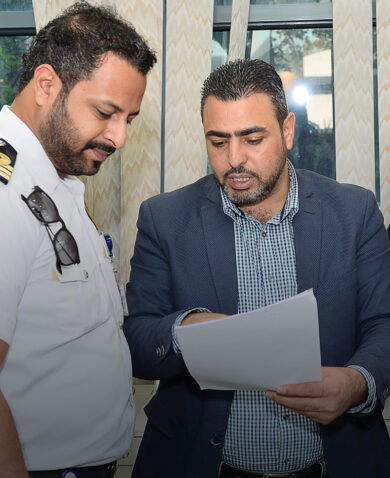
Government Accountability is More than a Simple Equation
February 16, 2017 | 3 Minute ReadIf transparency plus participation does not necessarily equal accountability, then what does? Sarah Nugent explains the accountability ecosystems approach.
Improving government accountability has been a goal of democracy programming in the development world for years. Practitioners of governance reform have tended to pursue increased accountability by focusing on two individual factors of the equation: transparency, by opening up government decision-making processes and increasing access to information; and participation, by increasing citizens’ voices through strengthened civil society organizations and improved advocacy methods.
The problem with this accountability equation — transparency + participation = accountability — is that it doesn’t really add up. Transparency and participation together haven’t improved accountability to the degree that we would like to see. Why not?
Chemonics, with our partners Global Integrity, International Budget Partnership (IBP), and Root Change, is digging deeper into this question and is attempting to answer it from a systems perspective. When Brendan Halloran of IBP opened up a discussion on accountability ecosystems in his paper Strengthening Accountability Ecosystems: A Discussion Paper, he provided a framework for a more holistic understanding of accountability by defining it as the relationship between multiple levels of government, citizen collective action, civil society advocacy, and institutions, wrapped together by a web of social, political, and cultural factors in a given country context. The ecosystem approach assumes that real societal change is not achieved by addressing each of these factors in isolation. Change requires making connections between the different factors in the ecosystem, assessing and accounting for the power they each have and the tactics they use to influence government accountability, learning from those experiences, and trying again.
An OpenGovHub event held in December 2016, “Understanding an Accountability Ecosystems Approach,” gave each of our organizations a chance to present our own practical application of accountability ecosystems concepts in our work and engage participants in a dialogue about the programmatic implications we found.
Veenita Emehelu presented Chemonics’ findings from an internal research initiative that examined four USAID-funded civil society strengthening projects for evidence of an accountability ecosystems approach. The researchers used five principles from Brendan Halloran’s framework, highlighted below, to look at projects in Azerbaijan, Lebanon, Nigeria, and Tanzania to pull out evidence that both supported and limited the ability to incorporate an accountability ecosystems approach.
The project evidence showed that building an ecosystems approach into the original project design matters. Mapping and analyzing accountability systems at the outset of a project, like they did in the Nigeria Strengthening Advocacy and Civic Engagement (SACE) project with partner Root Change, provides the basis for understanding the accountability landscape, selecting partners who have key roles in the ecosystem and can be change agents, and nurturing relationships between them. The mapping process also provides a first insight into understanding the power relations at play.
Projects that use strategies that emphasize vertical and horizontal integration, such as the Tanzania Capacity Development for Partners of Accountability (CDPA) project, use grants and government-to-government funding to build the capacity and accountability of institutions at all levels of government and civil society to improve oversight of public resources and increased citizen participation.
Varied tactics for increasing accountability proved necessary in the context of political crisis in Lebanon. With the objective of expanding the democratic space in Lebanon and providing youth with alternatives to political extremism, the Lebanon Civic Support Initiative (LCSI) used small grants to empower civic actors all over the country to do what worked best in their context, from using theater and sports as ‘hooks’ for youth to engage, to encouraging environmental advocacy campaigns in villages.
In his presentation, Michael Moses from Global Integrity argued that taking an ecosystem approach means requiring an iterative approach to programming, with continuous mapping of the actors, political factors, and power structures in a given social ecosystem to monitor, learn, and adapt approaches to improve accountability. Yet one of the main takeaways from the OpenGovHub event is that perhaps the biggest challenge to implementing an accountability ecosystem approach is finding a programming mechanism that embraces a flexible, iterative approach where expected results are unknown and failure is a possibility.
In discussion groups, participants raised critical issues such as:
- How do we define the key indicators to measure change when using this approach?
- How can we objectively evaluate adaptable responses across organizations?
- Is it possible to engage with both formal and informal actors in the context of a donor-funded project?
- Does this approach require an overall “reboot” of how development assistance is administered and evaluated?
We need to collect a lot more programmatic evidence to answer these questions. Please share with us insights from your own projects and experiences in the comments section or join the larger conversation on accountability ecosystems through the Adaptive Development Google group.
























